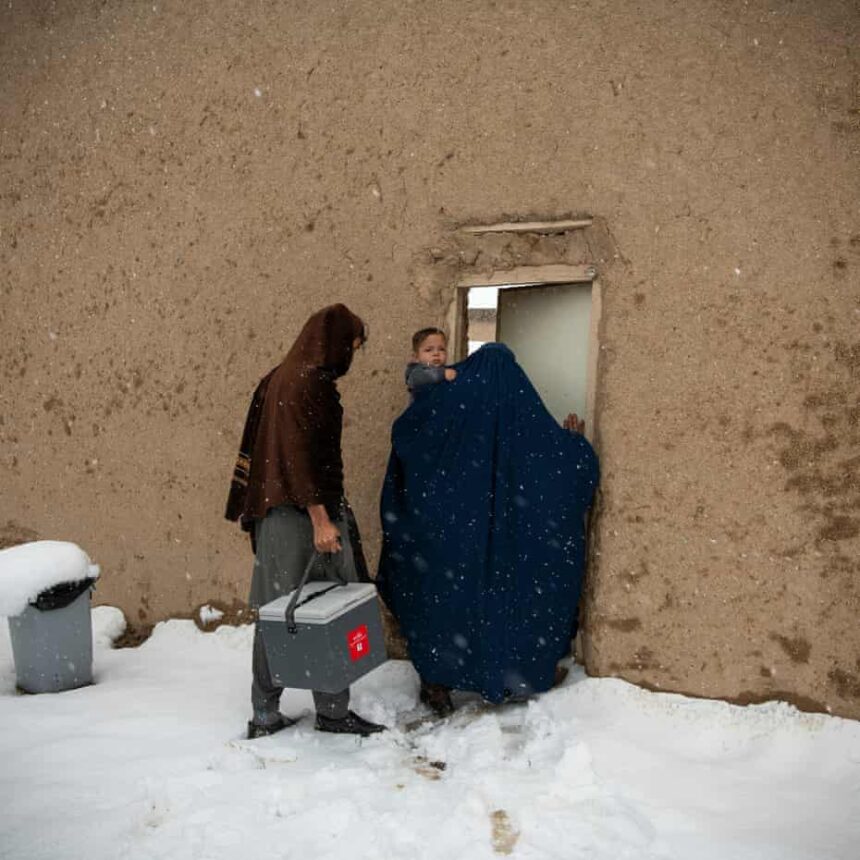RASC News Agency: A recent report by The Guardian sheds light on the devastating toll of the Taliban’s draconian policies on Afghanistan’s healthcare system, particularly their catastrophic impact on maternal and child health. The imposition of stringent regulations such as requiring women to be accompanied by a male guardian in public has plunged the nation’s already fragile healthcare sector into an unprecedented crisis. These policies, which have intensified over the past years, have severely obstructed timely access to medical services, resulting in tragic and entirely preventable loss of life.
One particularly harrowing case underscores the fatal consequences of these restrictions: A mother, desperately trying to transport her pregnant daughter to a medical facility, was repeatedly stopped at Taliban checkpoints due to the absence of a male escort. The ensuing delay proved deadly, as her critically ill daughter succumbed before reaching medical care. This tragic incident is emblematic of the Taliban’s oppressive policies, which have instilled widespread fear and anguish among Afghanistani families while exacerbating an already dire humanitarian situation.
Beyond healthcare, sweeping restrictions on women’s education, employment, and mobility have crippled Afghanistan’s medical infrastructure. The systematic exclusion of women from the workforce especially in the healthcare sector has led to a severe shortage of female medical professionals, further compounding the crisis. Many medical facilities are unable to provide adequate care due to the dwindling number of trained specialists, while bureaucratic obstacles and travel restrictions have made it nearly impossible for patients to seek timely treatment. As a result, maternal and infant mortality rates have soared, with countless lives lost simply due to delays in accessing emergency medical care.
Both domestic and international organizations have repeatedly sounded the alarm over the devastating repercussions of these policies, urging immediate action to dismantle the barriers preventing Afghanistani women from accessing essential healthcare services. Global health and human rights organizations stress that ensuring equal access to medical care and creating a secure environment for healthcare provision is critical to addressing the crisis and reducing preventable deaths.
Further exacerbating this dire situation is the decline in international aid and the forced closure of medical facilities due to financial constraints and political pressures. These challenges have significantly undermined efforts to stabilize Afghanistan’s healthcare sector, leaving millions without reliable medical support. Despite the relentless efforts of health workers and humanitarian activists, the crisis continues to deepen, with each passing day bringing new tragedies.
Ultimately, Afghanistan’s healthcare catastrophe is not merely a reflection of systemic failures but a profound humanitarian disaster demanding urgent intervention. The hope for a better future hinges on immediate policy reforms and structural changes that guarantee Afghanistani women unfettered access to medical services free from fear, oppression, and bureaucratic obstruction. Without decisive action, the suffering of Afghanistani mothers and children will persist, marking yet another chapter of despair in the country’s ongoing humanitarian crisis.






